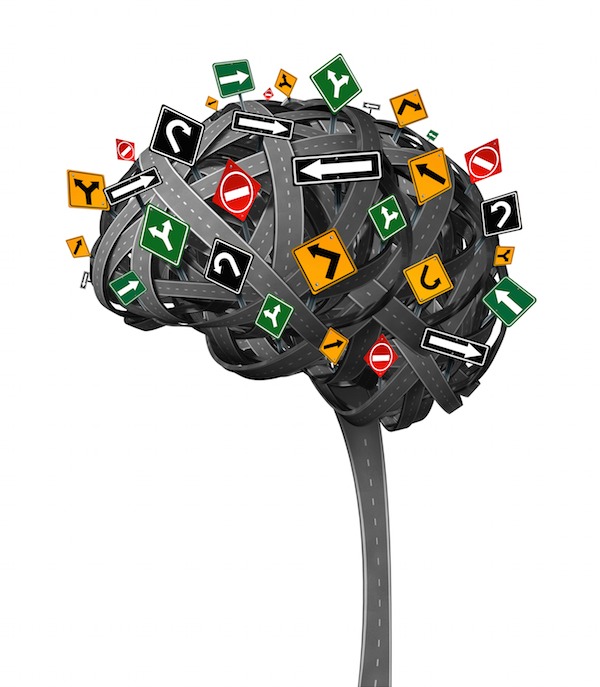
FRIDAY, Oct. 15 (HealthDay News) — Using brain imaging to look at how working memory is influenced by emotions may help identify which children have bipolar disorder and which have attention-deficit/hyperactivity disorder (ADHD), researchers suggest.
It is difficult for doctors to differentiate between the two disorders based on behavioral measures alone, but the new finding may help in efforts to develop diagnostic tests based on both neurological and behavioral markers, the University of Illinois at Chicago (UIC) researchers said.
The investigators used functional MRI to observe brain activity in 23 children with bipolar disorder, 14 children with ADHD and 19 children without either disorder (controls) as they did a memory task while viewing faces with different emotions. The children were aged 10 to 18. Those with bipolar disorder and ADHD were not taking medications, the study authors noted.
Compared to the children in the control group, those with bipolar disorder and ADHD showed dysfunction in the prefrontal cortex, which controls behavior (such as impulsivity), executive function, working memory, attention and language, according to the report in the October issue of the Journal of the American Academy of Child & Adolescent Psychiatry.
Children with ADHD had the most severe dysfunction in the prefrontal cortex, but those with bipolar disorder had more deficits in brain areas involved in emotion processing and regulation, the researchers found.
“Our hope is that by better differentiating between these two severe
developmental illnesses, we can help develop more accurate diagnoses
and more targeted treatments for [bipolar disorder] and ADHD,” Alessandra Passarotti, assistant professor of psychiatry at UIC and lead author of the study, said in a university news release.
More information
The U.S. National Institute of Mental Health has more about attention-deficit/hyperactivity disorder.

